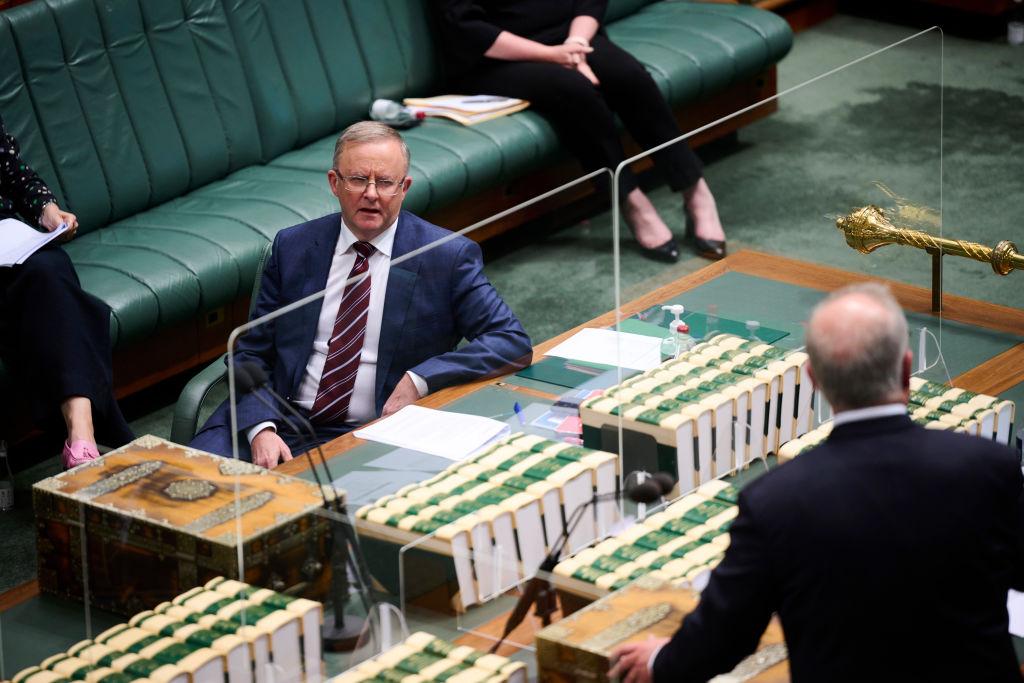Commentary
Australia is back in election mode and last week, Prime Minister Scott Morrison finally managed to put national security onto the election agenda for 2022.

Australia is back in election mode and last week, Prime Minister Scott Morrison finally managed to put national security onto the election agenda for 2022.